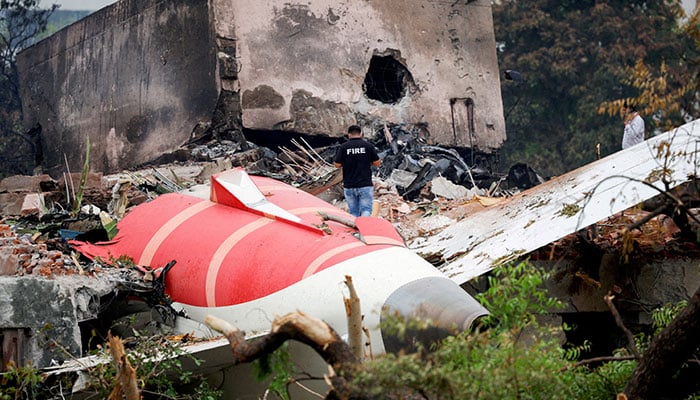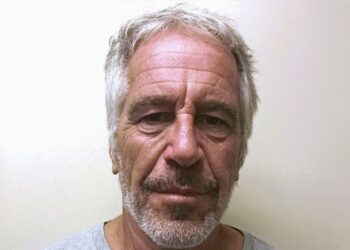Select Language:
- CEO notes that the report clarified some points but also raised new questions.
- Wilson advises against hasty conclusions.
- Memo states no findings regarding pilots’ health status.
NEW DELHI: A preliminary inquiry into last month’s crash of an Air India passenger plane that resulted in 260 fatalities has produced further questions, indicating that the investigation is ongoing, according to a memo from the airline’s CEO.
The preliminary report released by India’s Aircraft Accident Investigation Bureau described a state of confusion in the cockpit just before the Boeing Dreamliner went down.
In a memo shared with staff, Air India CEO Campbell Wilson remarked that the report has led to “new rounds of speculation in the media… It unsurprisingly brought some clarification while also raising additional questions.”
He further stated, “The preliminary report did not identify a cause and made no recommendations, so I encourage everyone to refrain from drawing hasty conclusions as the investigation is far from complete.”
The memo indicated that no mechanical or maintenance issues were found, and all required maintenance procedures had been adhered to.
The Boeing 787 Dreamliner, which was en route to London from Ahmedabad, India, started to lose thrust and altitude shortly after takeoff. Tragically, all but one of the 242 individuals onboard, along with 19 others on the ground, lost their lives.
The AAIB report highlighted that, during the flight’s final moments, one pilot was recorded inquiring about the other pilot’s decision to cut off the fuel supply.
“The other pilot insisted that he did not do so,” the report noted, adding that the fuel cutoff switches for the plane’s engine two were activated almost simultaneously, although it did not specify how.
The preliminary findings did not suggest any immediate actions for Boeing or GE, which supplied the engines for the aircraft.
ALPA India, representing Indian pilots within the International Federation of Air Line Pilots’ Associations, has dismissed any assumptions of pilot error and called for a “fair and fact-based investigation.”
“The pilots had successfully passed their mandatory pre-flight breathalyzer tests, and there were no concerns regarding their medical status,” Campbell emphasized in his memo.
The captain of the Air India flight was Sumeet Sabharwal, 56, who logged a total of 15,638 flying hours and served as an instructor for Air India, according to the Indian government. His co-pilot was Clive Kunder, 32, with 3,403 flight hours to his credit.
Air India is facing intensified scrutiny on multiple fronts following the crash.
On July 4, the European Union Aviation Safety Agency announced an investigation into Air India Express, the budget arm of the airline, after a Reuters report revealed that the airline had delayed replacing engine components on an Airbus A320 as required and fabricated records to indicate compliance.





